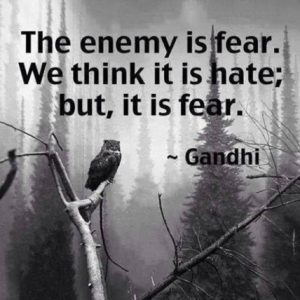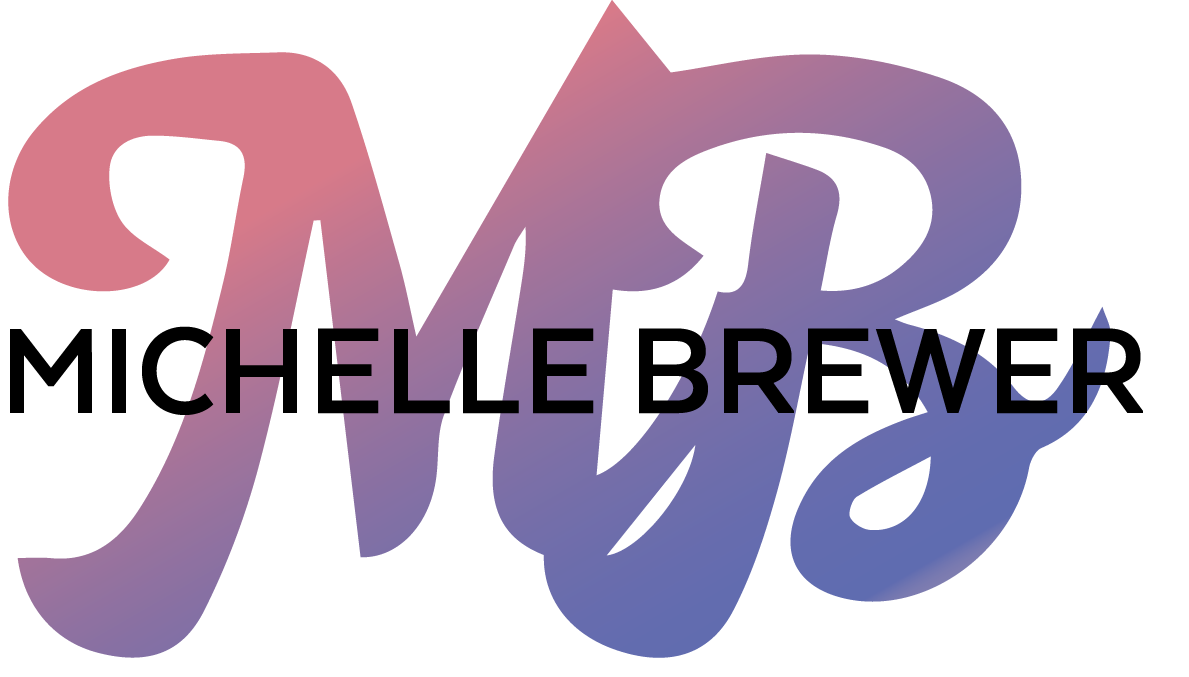
Daring to Soar
Two New Years ago, I set an intention to write 100 blog posts that year. In retrospect, I see that the goal was ambitious. I do not want what I write to simply be stream of consciousness or quantity unpolished, unreflected upon. Still, there are ways with writing that I hold back that don’t help me.
I wrestle with blogging. There is a perfectionist in me that wants everything to be, well, perfect. That is not simply spelling, grammar, paragraphing. That is the easy part. It is more in striking the right balance between relevant and entertaining, serious and playful, logical and beautiful, pedagogical and vulnerable.
I realize in thinking about this that I am seeing blogging as more about appearance than essence. That is philosophy speak in my world for caring more about how it comes across to you than how it is for me. No wonder I was so struck in Elizabeth Gilbert’s book Big Magic when she entreats us to create for the sake of creating. She decries that we have been socialized to see creativity as instrumental (Am I talented? Will people like it?) instead of expressive (How is it an expression of myself? How does it make me feel?). Gilbert believes we all have a human need to create and part of us atrophies when we shut that down. She laments that we need to stop thinking about the audience (or lack thereof) and start believing in the benefits for ourselves.
 There is of course the satisfaction of materialization, unique expression and accomplishment when you create something. Since December I have taken up again the long abandoned hobby of crocheting by making an afghan. I appreciate the meditation and singlemindedness of doing this. I can’t think of anything else but the next stitch or I lose my count. I love seeing my time splayed tangibly around me in the atlantic blue, hailstorm green and ivory mist of my new wool blanket. Blogging is like this for me too. But it gives me something more. In putting order to my thoughts I put order to my world. In externalizing my experiences, I get a sense of separateness from them. In sharing my feelings with others, I open to the possibility of connection. That last one I learned from social researcher and storyteller Brené Brown. I got from her that writing like this gives the possibility for healing. Not yours in this instance, but mine.
There is of course the satisfaction of materialization, unique expression and accomplishment when you create something. Since December I have taken up again the long abandoned hobby of crocheting by making an afghan. I appreciate the meditation and singlemindedness of doing this. I can’t think of anything else but the next stitch or I lose my count. I love seeing my time splayed tangibly around me in the atlantic blue, hailstorm green and ivory mist of my new wool blanket. Blogging is like this for me too. But it gives me something more. In putting order to my thoughts I put order to my world. In externalizing my experiences, I get a sense of separateness from them. In sharing my feelings with others, I open to the possibility of connection. That last one I learned from social researcher and storyteller Brené Brown. I got from her that writing like this gives the possibility for healing. Not yours in this instance, but mine.
I love in Brené Brown’s book Daring Greatly her humble admission that to write in the area of personal growth, to do it honestly, you are both a mapmaker and a traveller. My ego wants me to present myself as more mapmaker. I believe that part of this hesitance around being seen a traveller arises from fears of vulnerability and commitment. If I write more often, on what moves me to write, I would be sharing mostly about my deepest self and in a very public way. Places where I struggle. Places where I am tender. I am reminded of writer Roxane Gay. I think it’s fair to say that she is a prolific and talented writer: author of New York Times best-selling essay collection Bad Feminist, as well as the novel The Untamed State, the short story collections Ayiti and Difficult Women. She is also an associate professor of English, contributing opinion writer at the New York Times, essays editor for The Rumpus and co-editor of PANK. Yet she states that the hardest writing she ever did was her memoir Hunger, a book about her experience of her body and her relationship to food and weight. Gay became and remains morbidly obese in the wake of being gang-raped when she was 12 years old. There is something about writing vulnerably that is excruciating. I get it.
My writing more often would also involve commitment, commitment to doing it even when I don’t feel like it. Especially when I don’t feel like. (I mean it is kind of the point of doing this blog) But I am afraid of this because of what it would force me to confront in myself. Become more aware of what I am generally only half aware of or vaguely aware of – and it’s just fine that way thank-you very much. There is a part of me—despite all protests to the contrary—that prefers to stay in denial, likes the distance. I am afraid of what I would learn about myself.
On the one hand, I look like I am doing everything right. But on the other, I don’t see the progress in my life I want to see. Writing in such an engaged way would be to make me face all the reasons I might not actually want what I deeply believe I want. It would make me see that I want failure or stagnation just slightly more than I want success – because it is safer, more familiar. There is comfort in wanting over having. It reminds me of the movie I saw on New Year’s Eve – All the Money in the World about the kidnapping of billionaire J. Paul Getty’s grandson Paul Getty. At one point the grandfather talks about a book he wrote called How to be Rich. He muses that his publisher wanted him to change it to How to Get Rich. But Getty explains that getting rich is the easy part. Being rich is the hard part because people don’t know how to be with all the freedom, all the choice that being rich opens up for them.
This food issue is my issue for a reason. There are things about myself that I don’t want to see. Eating helps me to have distance from them. Weight is my excuse for why I don’t have what I want. My specious reason. “If I were thin, then…” Such reasoning looks good on the surface, but if I scratch beneath…
 This reminds me of an exercise I read in a book of my mum’s in my mid-teens. (And it is highly worth doing, so if you are adventurous, go get some paper and a pen before reading any further) You are asked to take a sheet of paper and set out three columns. In the first column, write everything you want for and in your life. In the next column write everything you actually have related to what you want. Say, for example, you wrote that you want a brand new sporty BMW when you actually have an older model Buick or a bicycle or a bus pass. Complete what you have for every item that you want. Then in the last column you write everything you really want. In that space go back to the second column, the ‘what you actually have’ column, and transfer everything from there to the third column and write it out again. It is the author’s contention that we have what we actually want. So if I want a sports car and have a Buick it is because I ultimately want the Buick. If you want to change, you have to look at what the reasons are you might actually want what you have. Ask yourself what the payoff is. There is always a payoff.
This reminds me of an exercise I read in a book of my mum’s in my mid-teens. (And it is highly worth doing, so if you are adventurous, go get some paper and a pen before reading any further) You are asked to take a sheet of paper and set out three columns. In the first column, write everything you want for and in your life. In the next column write everything you actually have related to what you want. Say, for example, you wrote that you want a brand new sporty BMW when you actually have an older model Buick or a bicycle or a bus pass. Complete what you have for every item that you want. Then in the last column you write everything you really want. In that space go back to the second column, the ‘what you actually have’ column, and transfer everything from there to the third column and write it out again. It is the author’s contention that we have what we actually want. So if I want a sports car and have a Buick it is because I ultimately want the Buick. If you want to change, you have to look at what the reasons are you might actually want what you have. Ask yourself what the payoff is. There is always a payoff.
I know you are probably grumbling with this prospect. But even if you don’t like it, it is still a valuable exercise to think about how what you have or the situation you find yourself in serves you on some level even if you believe you don’t want it. At the last Geneen Roth retreat I attended this past November, Geneen had us get into pairs and then gave us an exercise where we asked our partner two repeating questions and vice versa. (That means you ask your partner the same question over and over again, and she answers each time with the first thought that comes to her mind.)
The first question was “What is right about continuing the war with yourself about your weight?” Another way of posing this is “How does keeping the weight on serve you?”
Here are some of my answers:
*I don’t want to have been wrong all this time about not having the power to change things;
*Having the weight I feel like a better, more substantial person. Not like one of those superficial bimbos who knows nothing about real life;
*If I drop the war, there is no drama. I become boring. No one will ever notice me or love me;
*I never have to cry my eyes out. I am too busy hating myself;
*I am afraid to love and get hurt;
*I make my parents see my suffering;
*It slows life down for me or else next thing I know I will be on my deathbed;
*I can’t control life if I let go. Something could hurt me if I let my guard down that I never saw coming.
My repeating question partner Lee and I were not just surprised by our having deep answers to this seemingly ridiculous question, but also by how easy it was to come up with them, how many there were.
My intuition tells me that I am afraid to want. If I allow myself to want something and have it, it could get taken away. And that would hurt. So I play a subconscious mind game with myself: With the weight I feel undeserving of anything anyway. That is, I stop myself from wanting whatever it is before someone else stops me or life takes it away. This way, I feel some power over things. Here is the crazy irony: the weight leaves me with discomfort, sadness and grief of my own making to protect myself from the discomfort, sadness and grief that come incidentally, inevitably with a fully lived life. The latter though is outside my control whereas the former is not. That said, it remains the illusion of control. Everyone I love will die. Either before me of after me.
The second repeating question: “What is right about dropping the war with yourself and the weight?” That one by contrast was not so easy—even though those reasons are the ones that initially brought us all to the retreat.
What if I dropped the war with myself? Well instead of the comfort of “constantly doing” there would be vulnerability of “simply being.” That would mean expansiveness: not knowing where my universe begins and ends. That would be freedom: completely disorientating and absolutely exhilarating. It seems that Getty was onto something.
Here is to trying those wings.


Thank you for your bravely vulnerable and reflective writing.
I realize that I too don’t see the progress in my life that I would like to see. I wrote out “wants” versus “haves” and I’m working through the payoffs. It is difficult to look that closely because I have to admit that I might have to let go of a lot of “shoulds”.
Thank you for sharing your vulnerability. I love reading your thoughts!!